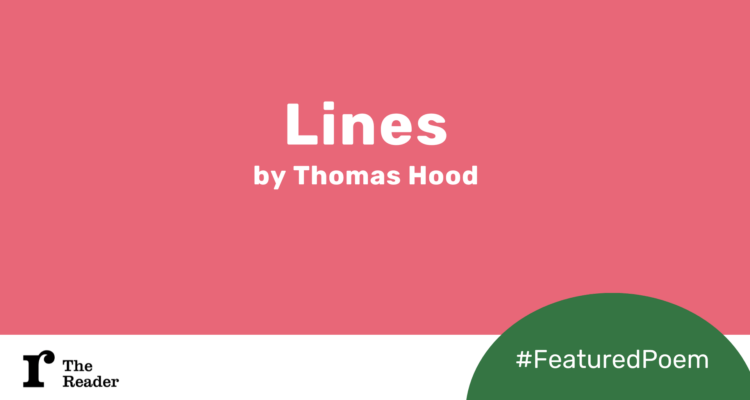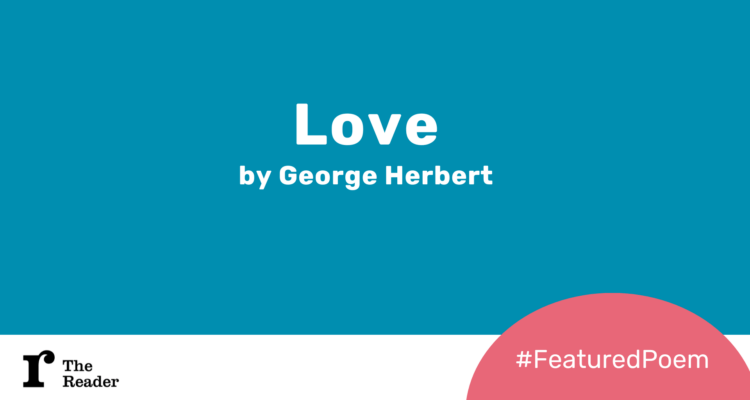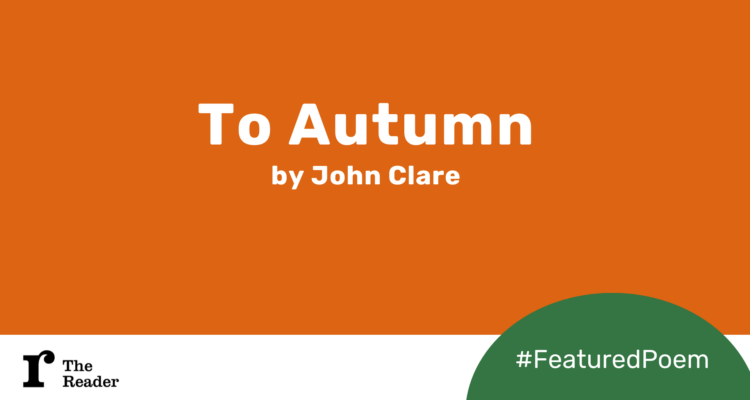Featured Poem: The Walk by Thomas Hardy
Our Featured Poem is brought to us by our Head of Teaching and Learning, Clare. Today’s choice is ‘The Walk’ by Thomas Hardy, a poem that serves a a reminder of just how sorrowful and melancholy, walks can be...
Often, when I think of going on a walk, or when I think about The Reader’s Bookshelf focus this year, Walking the Earth, I immediately feel excited, energised, and start to think in terms of adventures and outings, learning about new sights and sounds. However, I am forgetting here about one of the most important things about walking: how it can provide one of the most powerful ways of connecting us to our pasts as much as to our futures, and that those journeys often involve a co-mingling of grief and sorrow for which is no longer as well as that which is still to come.
I am so moved by the opening lines of this poem...
‘You did not walk with me
Of late to the hill-top tree
The lines make me think about how our regular walks and routines change in life, whether we like it or not, and how once shared walks between two or more people can shift to a solitary tread noting the absence. I wonder how often the person in this poem used to walk with their companion to be able to feel the change of pattern ‘Of late’, the difference from the clearly still felt and remembered ‘earlier days’ to the now, when the other has become ‘weak and lame’ and the shared journey is no longer possible.
I am struck by the lines
‘And I went alone, and I did not mind,
Not thinking of you as left behind.
It feels like there are several layers of loss and grief in this poem, some known only in later years as we pause to look back. The person in the poem does not seem to feel the loss of their walking companion quite so keenly perhaps as I have been imagining because they know they are still there, at home. For, when we walk, we do carry people with us in our minds and hearts. Even if someone is not physically able to accompany us on our walks, we may still feel they walk beside us, and especially so if it is a walk that a pair has enjoyed very much together over the years. But then, there comes more...more memories overlaying over others...
‘I walked up there to-day
Just in the former way;
Surveyed around
The familiar ground
By myself again:
What difference, then?
Only that underlying sense
Of the look of a room on returning thence.
This makes me think that part of a walk is the returning home, and the routines that may also come with that. If the person who once greeted us after our walk is no longer there, what do we do? How does such a loss then go on to affect the daily walk that we have come to know by heart? ‘What difference, then?’
The reference to an ‘underlying sense’ speaks to my earlier feelings of layers. When we think about the benefits of walking, I wonder how much of that may also be connected with an opportunity to remember, and therefore to feel, and to reflect.
The sense of the present is very strong for me in that ‘I walked up there to-day' as is the first layer of memories of what feels familiar about the walk in ‘the former way/ the familiar ground/ By myself again’...But then there comes another, deeper layer of memory as we stop to allow for ‘that underlying sense’, which is already including what is to come now at the end of the walk, what has to be faced.
I think walking is so important for letting us give space and room to our thoughts and feelings, often some of the most painful ones too of loss and grief which might otherwise remain shut up inside. There’s something very special in the kind of movement that a walk allows for, which is both psychological and emotional as much as it is physical.
A poem which I can certainly relate to and I hope one that brings some connection for you dear reader.
The Walk
Of late to the hill-top tree
As in earlier days,
By the gated ways:
You were weak and lame,
So you never came,
And I went alone, and I did not mind,
Not thinking of you as left behind.I walked up there to-day
Just in the former way:
Surveyed around
The familiar ground
By myself again:
What difference, then?
Only that underlying sense
Of the look of a room on returning thence.
Share
Related Articles

Featured Poem: Lines by Thomas Hood
Our Featured Poem for February is 'Lines' by Thomas Hood, selected and read by Frances. Lines by Thomas Hood Let…

Featured Poem: Love by George Herbert
The Featured Poem for January is Love by George Herbert and is from the anthology Stressed, Unstressed and is read by…

Featured Poem: To Autumn
For November's Featured Poem, Julie is reading 'To Autumn' by John Clare To Autumn by John Clare Come, pensive…


